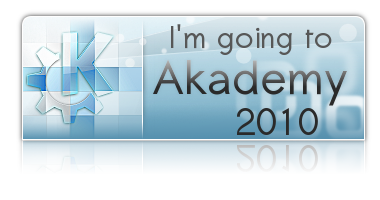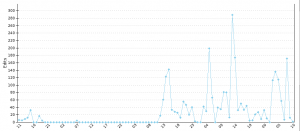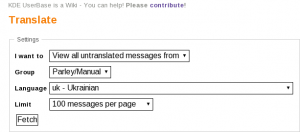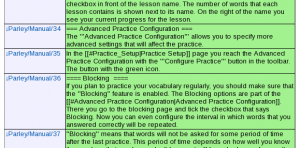Do you know someone who reads and writes Arabic?
”’?? ??? ????? ?? ??? ???? ?? ?????? ??????”’
”’?? ?????? ??????? ????? ??? ???????? ?? ???”’
”’??????? ?????? ????? ?? ???? ???? ??? ???? ???????”’
”’?? ???? ?????? ???? ??? ??? ???????”’
”’TheRiLi – ????? ?????? ??????”’
”’???? ?????? ?????”’
If your browser doesn’t display the Arabic, or you simply don’t read Arabic, Google tells me that this says:
‘Are you a translator or do you understand the other languages”’
”’Provide Content for the Arabs and take in the races that”’
”’Arabic content increase in the richness of your language of love and peace”’
”’Be gentleman and in the evening and provided us with these pages”’
”’TheRiLi – Arab Society for Linux”’
”’Will be back later”’
Early in 2009 someone translated some pages of UserBase into Arabic. Unfortunately (s)he did so as an unregistered user (which we no longer allow) and so we have no way of contacting him (the main reason for disallowing the practice). To my untutored eye, much of what is there is probably still valid, but there are updates and corrections needed. I’m reluctant to lose this work, which could easily be copied and pasted into the new Translate system, but it really needs someone capable of spotting the things that are no longer quite right and correcting them.
If you know someone who may be willing to help it could either be directly translating into UserBase (and I will provide links to the old pages) or by telling me to delete paragraph “da-di-dah” and substitute “da-di-dah-di-dah”. There are always ways and means – we just need a little skilled help ![]()



